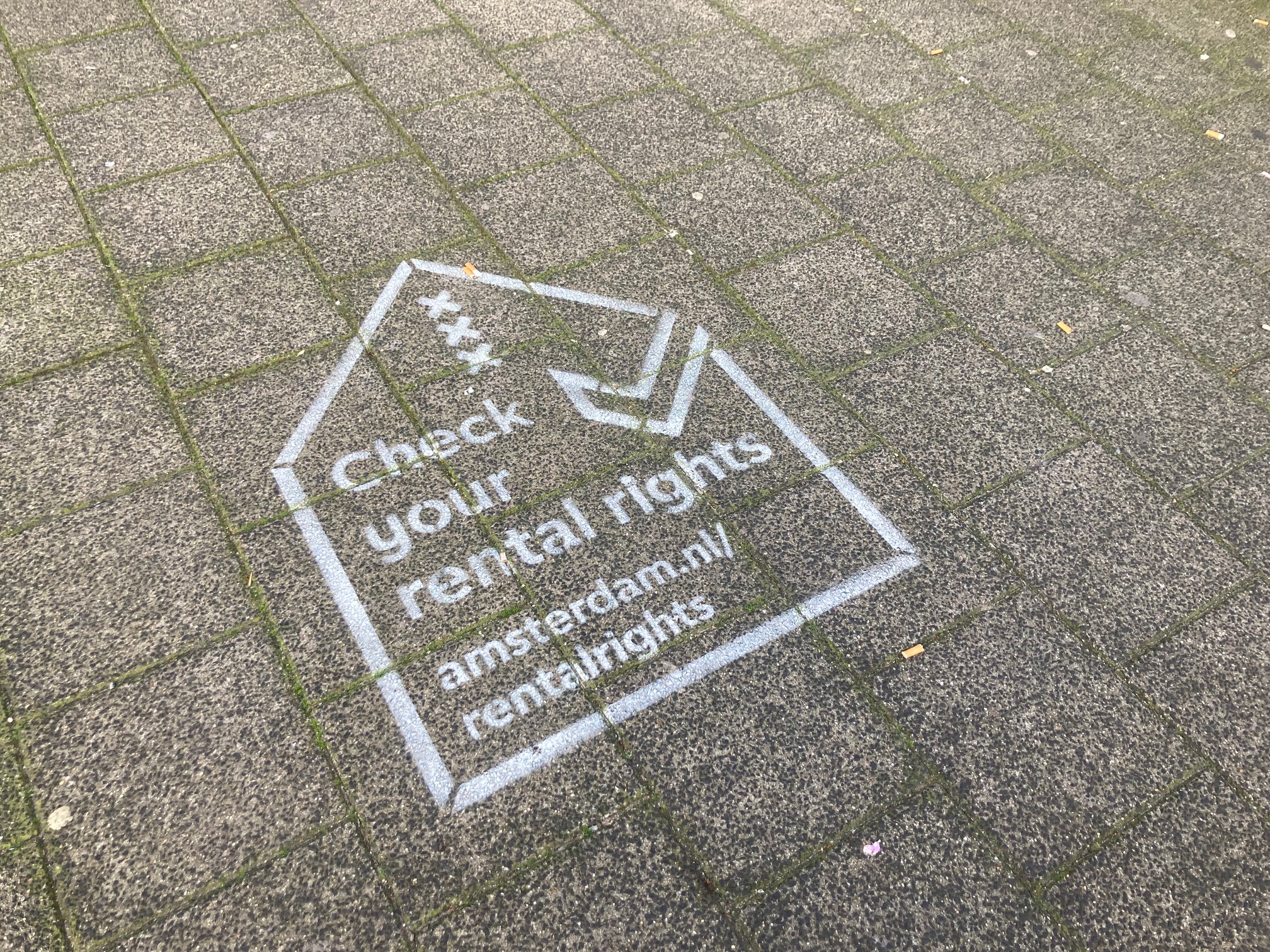Housing minister’s rent rise plan can’t count on MPs’ support

Housing minister Mona Keijzer’s plans to change the way maximum rents are calculated for rental properties in the Netherlands — in a bid to prevent landlords from selling their homes — are unlikely to become reality because a majority of MPs do not support them.
Keijzer said last week she intends to adjust the points-based system used to determine maximum rent levels, allowing landlords to charge more. “I want to make mid-market rentals more attractive to landlords so they don’t sell,” she said.
The changes would distinguish between inner-city properties in high-demand areas and housing in smaller towns and villages, reflecting the higher value of homes in urban centres.
Flats would no longer be penalised for lacking outdoor space, and the value of the property would weigh more heavily in rent calculations. Landlords would also be given greater flexibility to offer temporary contracts to students. The changes would apply to new rental agreements.
The plans have been criticised by tenants’ rights groups and landlords’ organisations. Tenants say the move will shift the cost of the housing shortage onto renters, while landlords have called for tax cuts instead.
Opposition parties are also against the plan, as are coalition parties PVV and NSC, which means there is no majority in parliament. The PVV wants rent cuts rather than increase them, and the NSC says it is too soon to amend legislation that only came into effect less than a year ago.
Keijzer has not yet responded officially to the lack of support, but has said that cutting taxes for landlords is also a priority.
Earlier this month, the estate agents’ organisation NVM said two in five homes currently for sale in major Dutch cities are former rental properties. Figures from the land registry office Kadaster show that small apartments in popular cities are the most likely to be sold off.
The government introduced new rent control rules in July 2024, expanding the number of properties covered by the system. Combined with higher taxes and the abolition of short-term rental contracts, the changes have prompted many small landlords to exit the market.
Thank you for donating to DutchNews.nl.
We could not provide the Dutch News service, and keep it free of charge, without the generous support of our readers. Your donations allow us to report on issues you tell us matter, and provide you with a summary of the most important Dutch news each day.
Make a donation